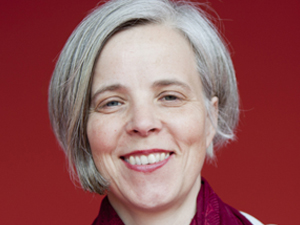Curator: Focus
Focus

Sorge 87
Thanh Nguyen Phuong
»In principle there was 5 sqm for each person plus kitchen and toilet.« In the impressively named district of »Sorge« […]
Tell Me Nothing From The Horse – AFD
Thelma Buabeng (Artist)
TMNFTH is Thelma Buabeng’s own online comedy format. »As a black actor in Germany I’ve had to listen to a […]
The Black Box
Tamara Trampe, Johann Feindt
»What lay behind the headlong rush into a ›New Society‹ that forbade any questions whatsoever?« Tamara Trampe Cramped interior spaces. […]
The World in Stillness Clouded
Susann Maria Hempel
»The world in stillness clouded, And in the twilight shroud. So familiar and so fair! Like a chamber of silence, […]








